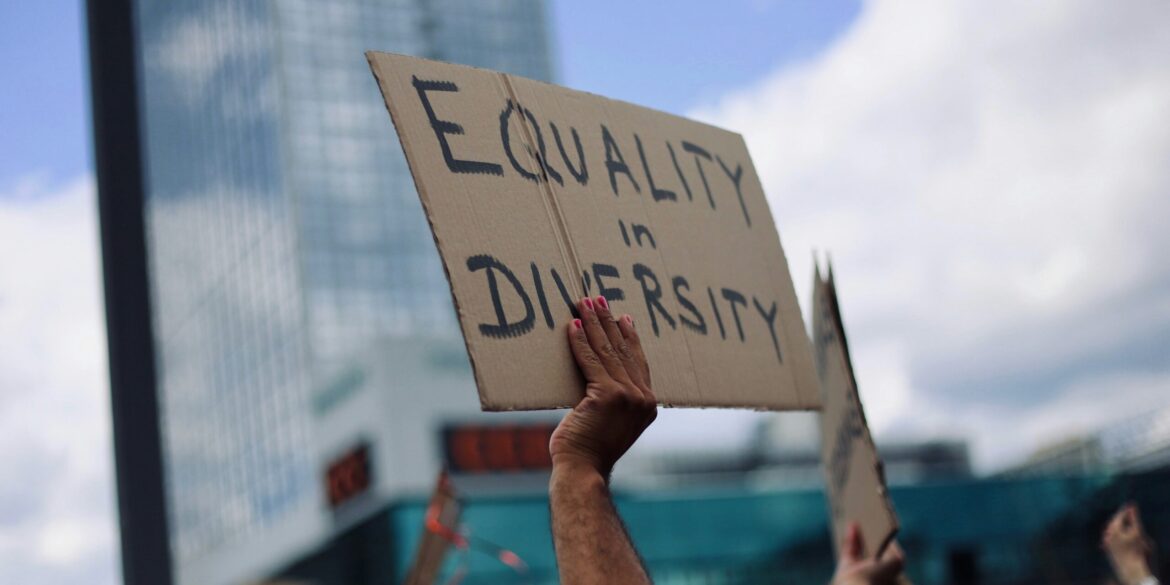The Congressional Progressive Caucus (CPC), a coalition of more than 100 Democratic lawmakers, has introduced an expansive legislative blueprint for 2025 that seeks to address deep-rooted inequities in American society. With the goal of moving the nation toward what they describe as transformative change, the caucus is promoting bold proposals that include universal healthcare, sweeping economic reforms, and climate justice initiatives.
At the heart of the CPC’s agenda is a renewed push for Medicare for All, a single-payer system that would provide comprehensive healthcare coverage for every American. Advocates argue that this would drastically reduce healthcare costs while ensuring equitable access to care, particularly for marginalized populations often left behind by the current system. This proposal echoes long-standing demands from progressive lawmakers and grassroots movements that have called for healthcare as a human right.
The economic pillars of the agenda include increasing the federal minimum wage to $17 an hour by 2028, expanding Social Security benefits, and enacting a wealth tax targeting billionaires. These policies are designed to combat rising income inequality and provide financial relief to working families. According to caucus members, these initiatives aim to reverse decades of economic disparity exacerbated by regressive tax policies and wage stagnation.
Climate change is another central focus. The CPC backs the Green New Deal framework and calls for a national transition to 100% renewable energy by 2035. In tandem, the agenda proposes eliminating subsidies for fossil fuel companies and investing in green infrastructure that would generate jobs in underserved and frontline communities. Lawmakers argue that environmental policy must prioritize racial and economic justice, as the impacts of pollution and climate disasters disproportionately affect low-income neighborhoods and communities of color.
In the realm of education, the CPC supports making public college tuition-free and cancelling student debt to ensure equal access to higher education. Broader calls for justice include federal legalization of marijuana, comprehensive police reform, and protection of reproductive rights. These measures are framed as part of a systemic overhaul to eliminate racial and economic disparities embedded in current law and policy.
Although the CPC does not hold a majority in the House, it has demonstrated its influence in shaping the broader Democratic policy agenda. In recent years, the caucus has successfully pushed for the inclusion of progressive elements in major legislative packages, including climate investments and tax reforms in the Inflation Reduction Act. By uniting behind a shared platform, the CPC continues to steer policy discussions within the Democratic Party toward its vision of structural change.
Representative Pramila Jayapal, chair of the caucus, emphasized the urgency of the moment in unveiling the agenda. “Democrats in Congress can meet the urgent needs people are facing; rewrite the rules to ensure majorities of this country are no longer barred from the American promise of equality, justice, and economic opportunity; and motivate people with a vision of progressive governance under Democratic majorities,” she said in a statement.
Public outreach is a key component of the strategy. High-profile events such as the “Fighting Oligarchy Tour,” featuring Senator Bernie Sanders and Representative Alexandria Ocasio-Cortez, have drawn thousands of supporters across the country. These rallies highlight themes of corporate accountability, wealth inequality, and democratic reform, and aim to build momentum for the CPC’s proposals ahead of the 2026 midterm elections.
Despite its aspirational scope, the Progressive Proposition Agenda is likely to face stiff resistance in a politically divided Congress. Opposition from Republicans and more moderate Democrats could stall or dilute many of the caucus’s proposals. Nevertheless, the CPC views its platform as a necessary and urgent step toward rectifying long-standing injustices and reshaping public policy in favor of working people.
By outlining a clear and cohesive set of goals, the Congressional Progressive Caucus aims to inspire both legislative action and a broader movement for systemic change. As the debate over America’s future continues, their 2025 agenda stands as a declaration of what progressive lawmakers believe is possible—and necessary—in the pursuit of equity and justice.

